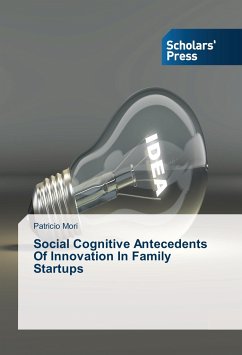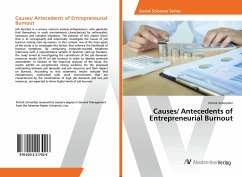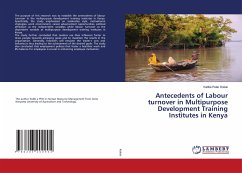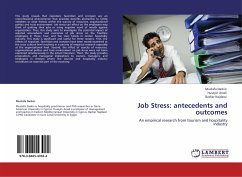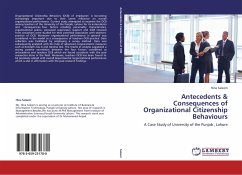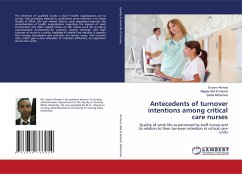Regulatory Focus Theory predicts that the motivation to self-regulate goal-directed thought and behavior depends on two distinct regulation strategies: a promotion focus based on attaining gains and a prevention focus based on avoiding losses. This study takes a social-cognitive approach predicting that regulatory focus has an impact on how family startups (several family related founders) explore new ideas , exploit old certainties and achieve the balance of both (ambidexterity), compared to lone founder startups (only one founder present). It is also proposed that two commonly psychological traits used in entrepreneurial research - achievement motivation and internal locus of control, predispose entrepreneurs to a promotion regulation strategy. Promotion regulation strategy, in turn, leads startups to be more risk-seeking and more explorative. The previous argument is used as a springboard to derive hypotheses about what makes a family startup more ambidextrous. It is also hypothesized that ambidextrous orientation has an effect on survival hazards in family startups.
Bitte wählen Sie Ihr Anliegen aus.
Rechnungen
Retourenschein anfordern
Bestellstatus
Storno

